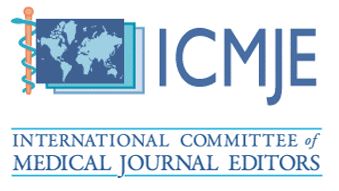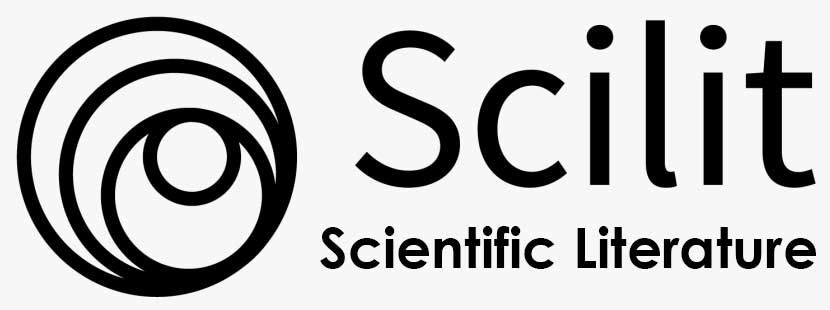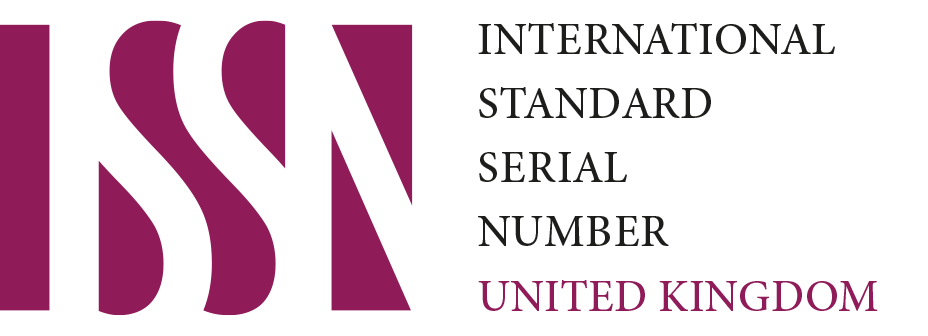Whole Metatranscriptome Analysis - An Indicator of Anthropogenic Activities in a Sub Himalayan Endorheic River, a Life Line of Northern India
Runoff from surface water as well as varied anthropogenic activities carry along multiple contaminants, pollutants and al-lochthonous microbes from soils, plants and multiple other sources to natural water bodies. Microbial communities in fresh-waters are known to impact both environment as well as human health. Transcriptome sequen cing has been a powerful tool in understanding genome structure and function identifying genetic networks underlying cellular, physiological, biochemical and biological systems and establishing molecular biomarkers that respond to diseases, pathogens and environmental chal-lenges. We present in this study metagenomic and metatranscriptomic analysis of river Ghaggar’s microbial communities. Transcriptome sequencing of water samples collected from river Ghaggar using Illumina platform resulted in a total of 5.7 GB of high quality read sequence. The sequence assembly resulted in 39899788 transcript reads that predicted 141766 genes which have been considered for the final downstream analysis to assess the functional capacities of microbial communities present in the samples. Taxonomic annotation of the genes using Kaiju revealed prevalence of protists, algae, fungi as the most abundant organisms. Functional profile of the sample concluded the existence of a metabolically active micro-ecosystem generated through anthropogenic activities along the course of the river. The sampling site, Rakhigarhi chosen for the present study was significant not only because it collated all the inputs of the sewage treatment plants (STPs) and the agricultural run offs along the river, but also the fact that it was a major centre of Harappan site settlements dating back to 2600BC-1800BC. The results of this research highlight the deteriorating water quality of this river Ghaggar, which has been a lifeline of northern India since antiquity.
*Corresponding Author: Dr. Varsha Kelkar-Mane, Associate Professor, Department of Biotechnology, University of Mumbai, Santacruz, Mumbai-400098, India; Telephone- +91 22 26526053/ Fax - +91 22 26546053
Accepted: February 05, 2020 Published: March 10, 2020
Citation: Varsha Kelkar-Mane .et al. “Examination of the prevalence of Escherichia coli containing the CTX-M-1 gene in urinary tract infection samples collected from Zanjan hospitals, Iran”, SVOA Microbiology 1:3 (2020) 19-24.
Copyright: © 2020All rights reserved by Varsha Kelkar-Mane .et al. This is an open access article distributed under the Creative Commons Attribution License, which permits unrestricted use, distribution, and reproduction in any medium, provided the original work is properly cited.











